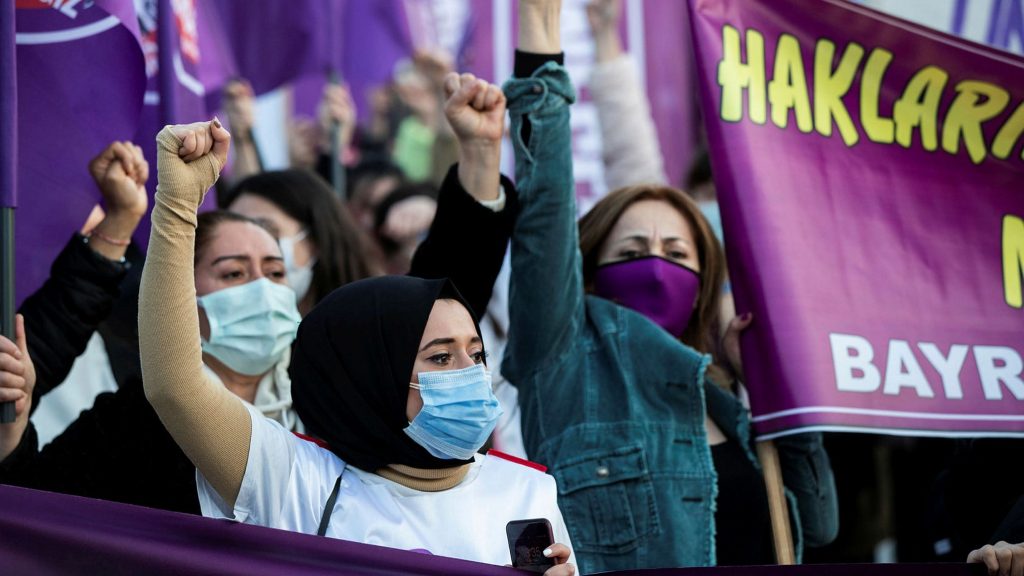Women in Turkey continue to be vulnerable, especially at home, are oppressed by the secular and religious sections of society, and often feel obliged to live a double life, according to the Freedom of Religion or Belief Monitoring Report by The Norwegian Helsinki Committee and the Freedom of Belief Initiative.

The Norwegian Helsinki Committee and the Freedom of Belief Initiative have released the Freedom of Religion or Belief Monitoring Report in Turkey. The report includes the legal, judicial and administrative processes concerning freedom of religion or belief in Turkey between April 2019 and December 2021.
Written by Dr. Mine Yıldırım, the report says deep systemic inequalities regarding the freedom of religion or belief became more visible during the Covid-19 pandemic.
Violations against atheists
Another remarkable finding in the report is regarding the violations faced by atheists, deists and agnostics in the workplace, family and education system:
“Atheist, deist and agnostic parents and students don’t have the right to be exempted from compulsory Religious Culture and Ethical Knowledge classes. Those who criticize a religion, especially Islam … face the risk of being prosecuted under the Turkish Penal Code (TCK).”
Women’s double lives
Women face great obstacles when exercising their human rights, including the freedom of religion or belief, says the report.
Women continue to be vulnerable, especially at home, are oppressed by the secular and religious sections of society, and often feel obliged to live a double life, according to the report. In addition, the representation rate of women in religious institutions is extremely low.
Inequality in education and religious services
No resources allocated for the education of clerics other than Sunni Muslim ones, and religious groups such as the Alevi community, the Rum Orthodox Patriarchate, the Armenian Patriarchate and the Protestant community cannot give education to their clerics, notes the report.
Source: Bianet

